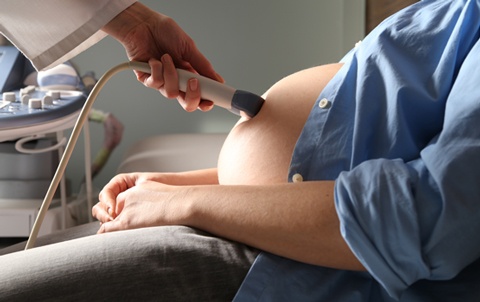Our Helpline (1‑267‑338‑4262 or helpline@genetic.org) volunteers and support parents give priority to providing information to expectant parents.
A non-invasive prenatal blood test (NIPT) on the mother only suggests a risk that the fetus has an extra X or Y chromosome. It is not a diagnosis. Follow up is needed.
Amniocentesis (a needle inserted into the uterus to draw out fluid-containing cells surrounding the fetus) and chorionic villus sampling (CVS, in which a small sample of the developing placenta is taken) can both show whether extra chromosomes are for certain present, and can serve as a definitive diagnosis.
After prenatal testing, it is always worthwhile to consult a genetic counselor. The National Society of Genetic Counselors have an online directory.
Watch this video on prenatal tests.
Children with X or Y variations are unlikely to have severe developmental disabilities. These genetic conditions tend to involve speech delay or learning disability, not profound delays that prevent independent living. Many families find that early intervention and special education services minimize the impact of the extra chromosome.
AXYS is pleased to provide you with the following letter written by a parent of a child with Klinefelter syndrome, but relevant to all parents of a child with an x or y variation:
I am writing this letter to parents who have received a prenatal diagnosis of sex chromosome aneuploidy (SCA), one or more extra X and/or Y chromosomes. First, I want to tell you that I have been in your shoes, having learned at 18 weeks pregnancy that I was carrying a boy with an extra X chromosome… Read entire letter

